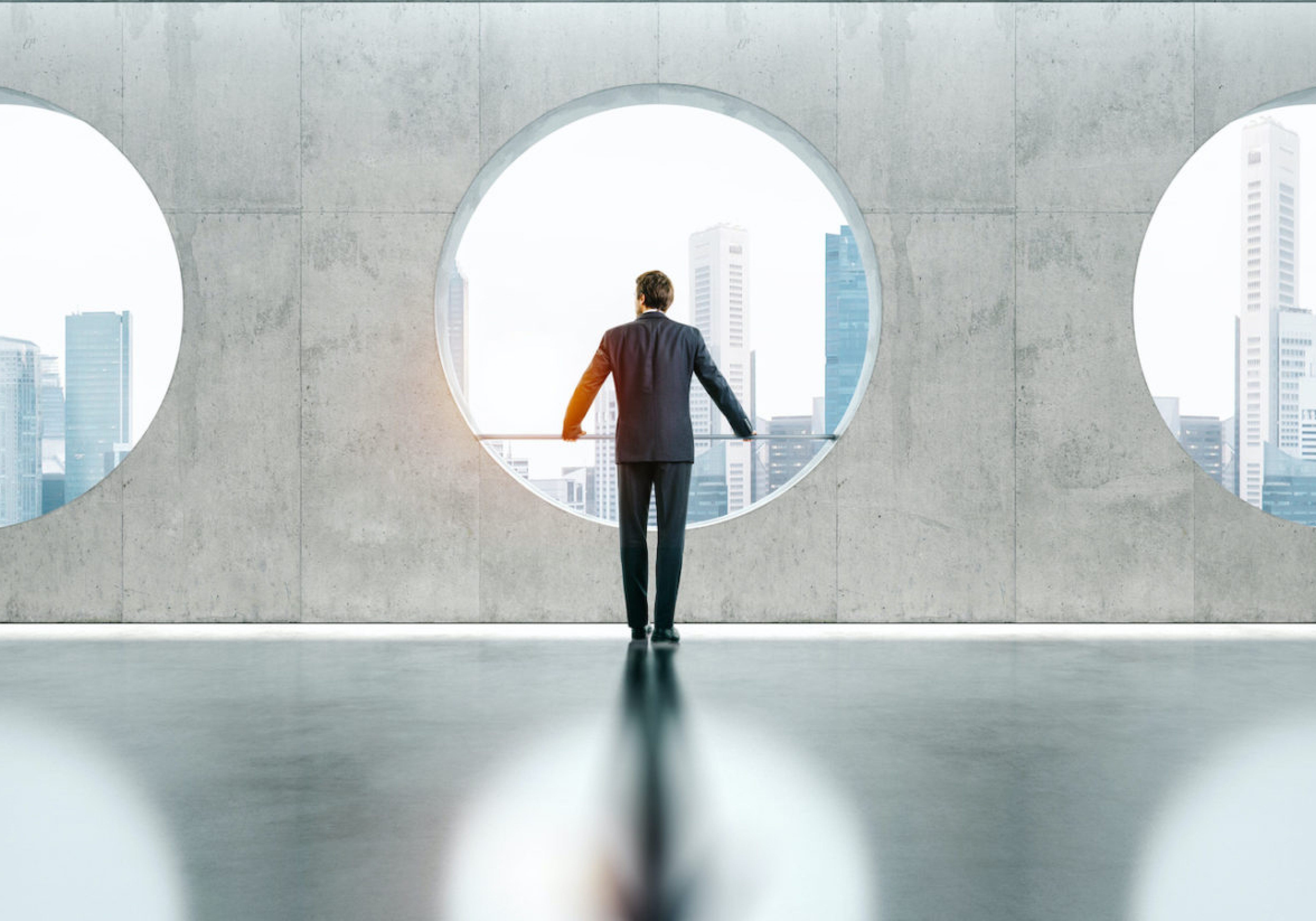The targets set at COP26 [the 2021 United Nations Climate Change Conference] were ambitious and, for many, daunting. Some industries and countries were fearful of agreeing to targets they felt were too ambitious to meet, but surely the biggest failure is not to act at all.
Climate change and sustainability is on corporate agendas, as governmental, investor and consumer focus on these issues intensifies. It is crucial that businesses from all sectors increase their sustainability efforts. The best way to tackle climate change remains a source of debate, with various factors to consider, such as changing people’s behaviour and attitude, questioning current practices, and enhancing technological innovation. In the drive to address climate change and sustainability, no single entity will have all the answers and be able to develop all the appropriate solutions. Collaboration will be fundamental to combining resources and expertise to combat climate change. As such, innovation will yield practical solutions that will make a real difference in shaping a greener future. But above all, we need to start thinking in a more circular and less linear way when it comes to the world’s precious resources.
For a company to not only survive but thrive, sustainability must be at the forefront. Companies of all shapes and sizes are finding ways to reduce waste to help protect the planet. Reducing the use of virgin plastic and embracing renewable energy are just two of the big changes we have made, and we are seeing real progress.
The plastic problem
The introduction of the plastics tax across Europe, coupled with calls for more recycled packaging from today’s consumers, has led to a far greater demand for recycled plastics materials.
Plastic bags and wrappers make up a quarter of all the packaging in the UK and yet only 6% is recycled, according to climate action NGO, WRAP. In most countries, recycling facilities are woeful and the amount of plastic heading for incineration is troubling due to the emissions it produces. Collaboration between policymakers, businesses and consumers alike needs to happen to improve infrastructure, introduce smarter policies and we all need a laser focus on recycled, composted, or reused plastic. Ultimately, we need proper recycling mechanisms to reach targets and change habits to reduce waste going into landfill.
The increased demand for recycled plastic poses its own challenges as supply struggles to keep pace with demand, resulting in soaring prices and good quality recycled plastics costing almost as much as virgin plastic. One way of solving the issue of the limited supply of recycled plastic is to invest in your own facility or technology. Last year, for example, Mainetti launched a global initiative that allows retailers to implement a closed-loop clear polythene recycling system called ‘Polyloop’.
Of course, there will always be the question of responsibility and ultimately, that belongs to us all, but governments should take the lead – as has been the case in Denmark. Denmark’s approach to waste is to view it as a valuable resource and by 2019, 92% of all plastic bottles and cans were recycled.
Taking a positive, more circular approach to recycling plastic can be a catalyst for innovation that results in less plastic waste. For example, the world’s largest toy maker LEGO (who also happen to be Danish) last year unveiled a prototype of its iconic plastic brick made from recycled drinks bottles.
Renewable energy – the time is now
When it comes to decarbonisation targets, we must keep our eyes on the prize as there has never been a better time to adopt renewable energy. With current events in Ukraine, energy prices are rocketing with increasing uncertainty about supply. These pressures are not just a huge challenge, however, they also represent a massive opportunity.
One country that has embraced renewable energy and set ambitious net zero targets to deliver great economic success is Iceland. Iceland has already realised a full energy transition in domestic heating and electricity generation. Today, 100% of local electricity and district-heating needs in Iceland are met from renewable resources. For over a century, they have sustainably harnessed both hydro and geothermal power which proved instrumental in transforming the country into one of the most advanced societies in the world. Of course, Iceland’s natural resources have played their part, but it was a commitment from the very top that made this happen.
Iceland has been taking a phased approach to meeting its own targets and, for any business just starting a sustainability programme, it is the measurable way to build momentum. It already boasts the second-highest share of clean cars in total sales in the world after Norway and the next phase will focus on other forms of transportation including sea and air.
At Mainetti, we too have taken a phased approach to decarbonising our business by using as little energy sourced from non-renewable fossil fuels as possible. We’ve been reducing the carbon footprint associated with our operations since 2012 by increasing energy efficiency, switching to onsite or grid-sourced renewable electricity where possible, and using Energy Attribute Certificates and then offsetting the remaining balance of our carbon footprint. Currently 61% of the energy used by the group is renewable with the aim of increasing this to 80% by 2025 and 100% by 2030.
If we want to tackle climate change and reduce our environmental impact, we must place more value on the goods we produce, buy and use. We live in a world of finite materials and it’s time to protect them before it’s too late by adopting a circular way of thinking. There are many examples we can learn from that are further along in their sustainability journeys who are willing to share insights and resources. Learning from them can empower countries and businesses that are waking up to the need to lower emissions and adapt more sustainable practices across sectors. What goes around must come around.








